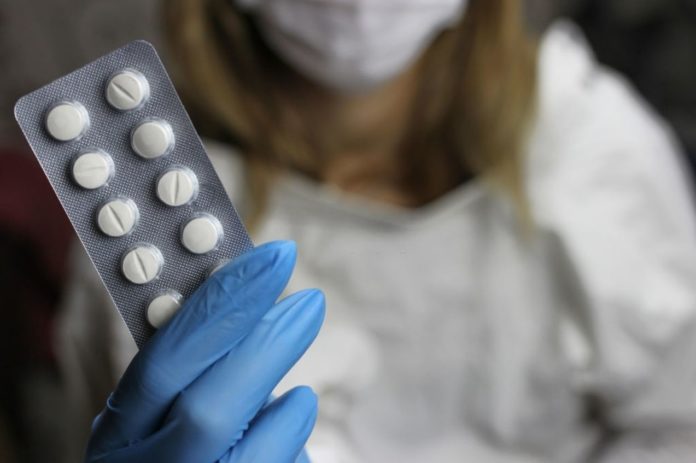A recent study, published in the journal Scientific Reports, has found two drugs that bind to a receptor in mammalian cells and limit the production of ACE2 proteins, a mechanism that appears to reduce the ability of the SARS-CoV-2 virus to enter the cell.
There is something of a paradox around smoking cigarettes and COVID-19. While active smoking is related to greater disease severity, several studies indicate that smokers have a lower rate of getting infected with COVID than non-smokers.
“Something strange was going on here. But we had a few ideas about how to tease out what some of the mechanisms at work might be,” says corresponding author Keiji Tanimoto from Hiroshima University’s Research Institute for Radiation Biology and Medicine.
“We must stress the presence of strong evidence showing that smoking increases the severity of COVID-19,” Tanimoto added.
“But the mechanism we discovered here is worth further investigation as a potential tool to fight SARS-CoV-2 infections.”
Cigarette smoke is known to contain polycyclic aromatic hydrocarbons (PAHs). These compounds have the ability to bind to and activate aryl hydrocarbon receptors (AHRs). Any feature on the surface or interior of a cell that is shaped to receive and bind to a certain molecule is referred to as a receptor. AHRs are a type of receptor found inside mammalian cells that functions as a transcription factor — a protein that has the potential to promote or decrease the production of specific genes.
With this knowledge of the relationship between PAHs and AHRs, the researchers wanted to investigate the effect of drugs that activate AHR on the expression of genes that control the production of the ACE2 protein — the infamous receptor protein on the surface of numerous cell types that acts as a lock that the SARS-CoV-2 virus can pick. The virus can then enter and infect the cell after attaching to the ACE2 protein.
To begin, the scientists examined multiple cell lines for ACE2 gene expression levels. They discovered that cells originating in the oral cavity, lungs, and liver expressed the most ACE2.
After 24 hours, these high-ACE2-expressing cells were exposed to various dosages of cigarette-smoke extract (CSE). Following that, the rate of expression of the CYP1A1 gene was determined, which is known to be inducible by CSE. CSE treatment boosted CYP1A1 gene expression in liver and lung cells dose-dependently – the higher the dose, the stronger the effect. This effect, however, was less significant in oral cavity cells. In other words, increased CYP1A1 activity results in decreased synthesis of ACE2 receptors — the pathway through which the virus enters cells.
To determine why this occurred in the presence of cigarette smoke, the researchers subsequently used RNA sequencing analysis to conduct a more extensive investigation of gene expression. They discovered that CSE boosted the expression of genes involved in a variety of critical signalling mechanisms that are regulated by AHR.
To gain a better understanding of the mechanism by which AHR affects ACE2 expression, the effects of two drugs known to activate AHR on liver cells were studied. The first, 6-formylindolo(3,2b) carbazole (FICZ), is a tryptophan derivative, while the second, omeprazole (OMP), is already widely used to treat acid reflux and peptic ulcers.
RNA sequencing findings indicated that these AHR activators highly activated the CYP1A1 gene in liver cells and strongly inhibited the ACE2 gene expression, again in a dose-dependent manner.
IIn other words, the cigarette smoke extract and these two drugs—all of which act as activators of AHR—are able to suppress the expression of ACE2 in mammalian cells, and by doing so, reduce the ability of the SARS-CoV-2 virus to enter the cell.
Based on the findings in the lab, the team is now proceeding with pre-clinical and clinical trials on the drugs as a novel anti-COVID-19 therapy.
Image Credit: iStock
